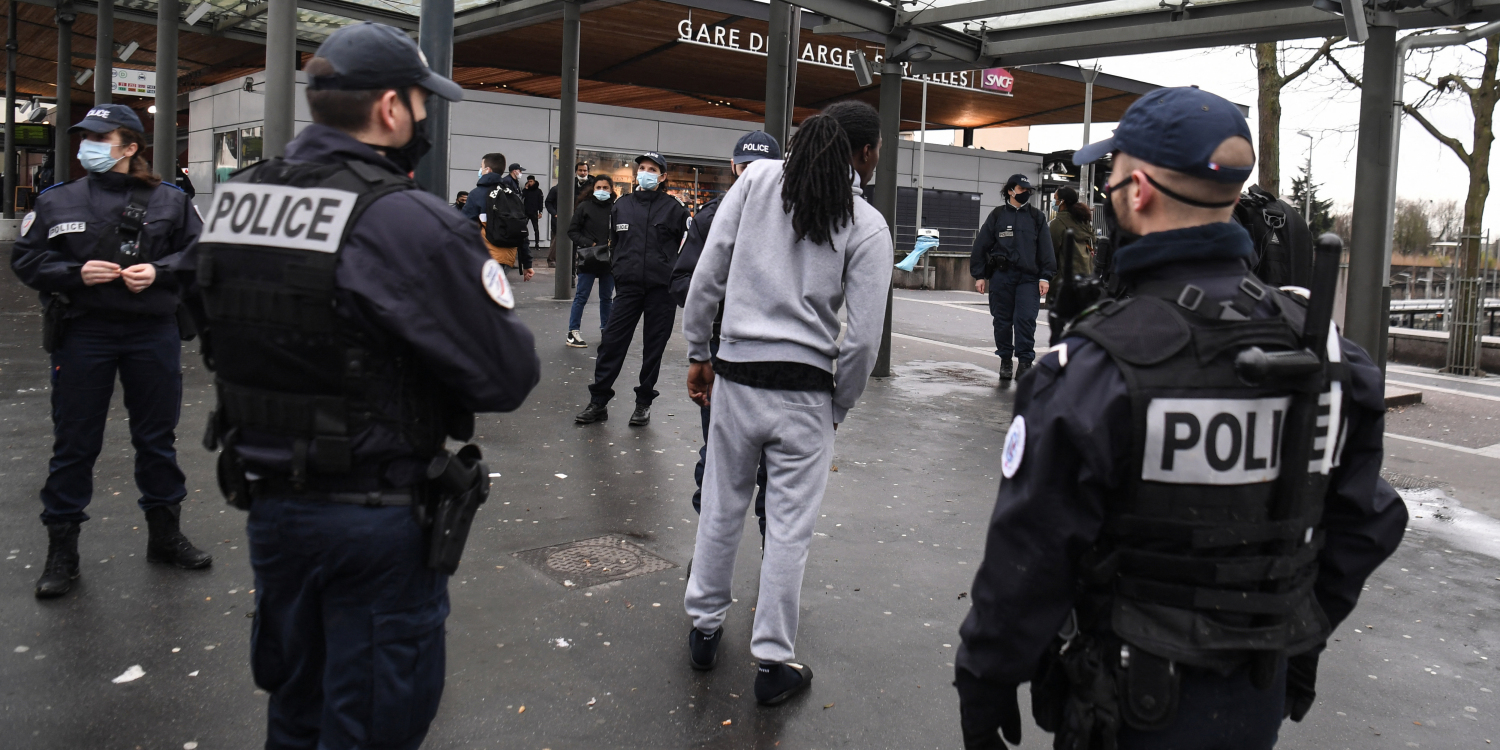Six NGOs seize this Thursday the Council of State to obtain a reform of identity checks by the police, which they consider discriminatory.
According to the rights defender, young men perceived as black or Arab are 20 times more likely to be checked.
Six French and international human rights organizations launched Thursday a group action against the French state to end facial identity checks, by appealing to the Council of State. In 2016, the rights defender estimated that young men perceived as black or Arab were 20 times more likely to be checked than the rest of the population. This group action follows a formal notice sent at the end of January to the government asking for structural reforms and concrete measures to put an end to discriminatory police practices. This injunction has remained unanswered until today.
This silence is unacceptable to those who, like Issa Coulibaly, 41, have undergone discriminatory identity checks.
He is now at the head of the Parisian association Pazapas which participates in this group action against the French State.
"It's really one of the experiences most commonly shared by young people from neighborhoods perceived as Black or Arab", he explains at the microphone of Europe 1. Obviously, it resonates in me in relation to the humiliation that it represents to find oneself, for example, in the corridors of the Belleville metro, having to take off his shoes and see his neighbor pass by.
This is the indicator of bad relations between the police and its population.
>>
Find the morning show of the day in replay and podcast here
That justice "impose a reform of identity checks"
Maître Slim Ben Achour has already won several individual cases of abusive controls.
The most recent concerned three high school students checked at Gare du Nord.
The goal is to go further.
"We will ask, not for damages as in individual disputes, but that the judge imposes a reform of identity checks."
According to an Opinionway survey carried out in 2016, 14 million checks are carried out each year.
The associations demand the abolition of administrative controls.
And the evaluation of judicial controls on objective criteria.

